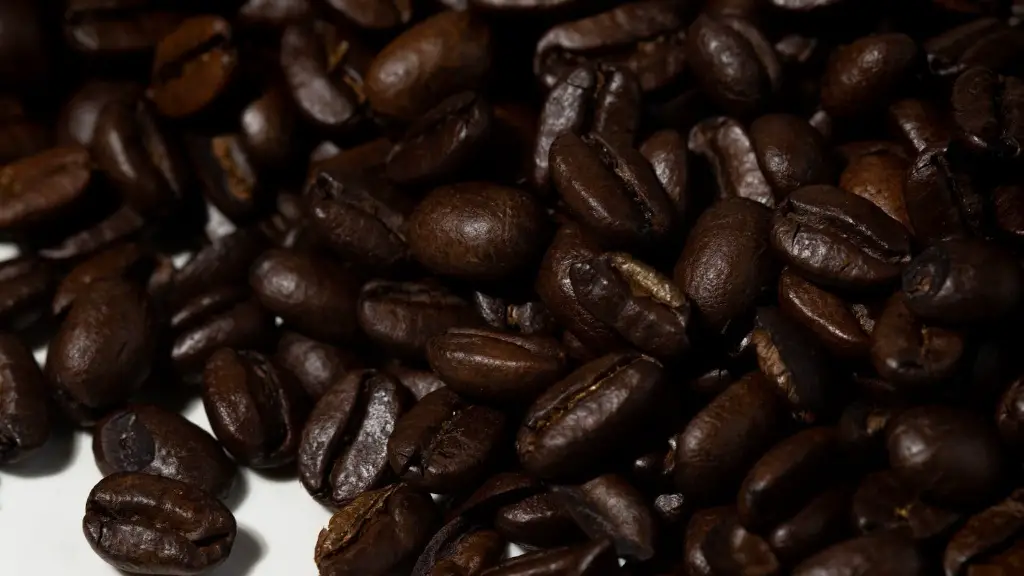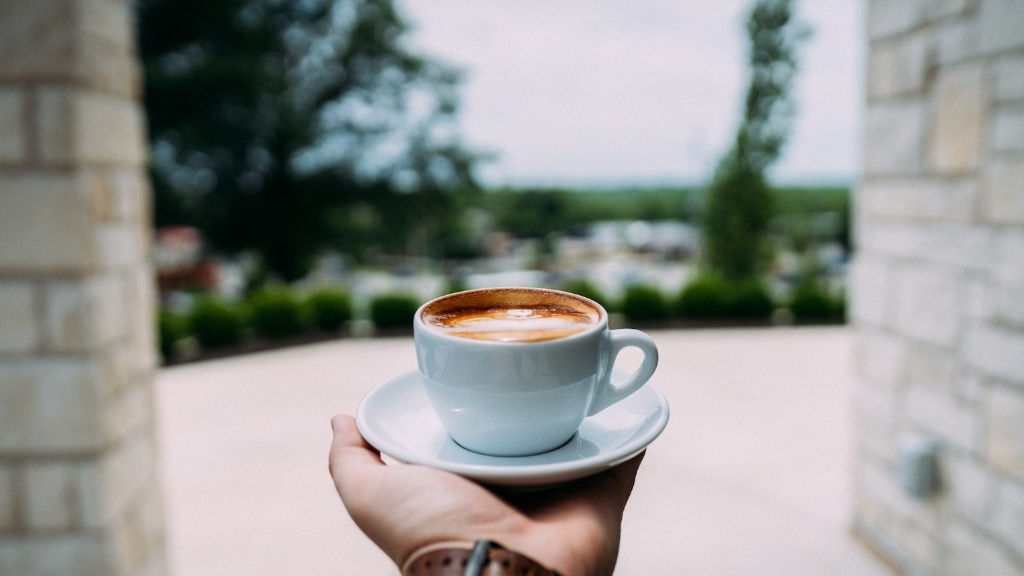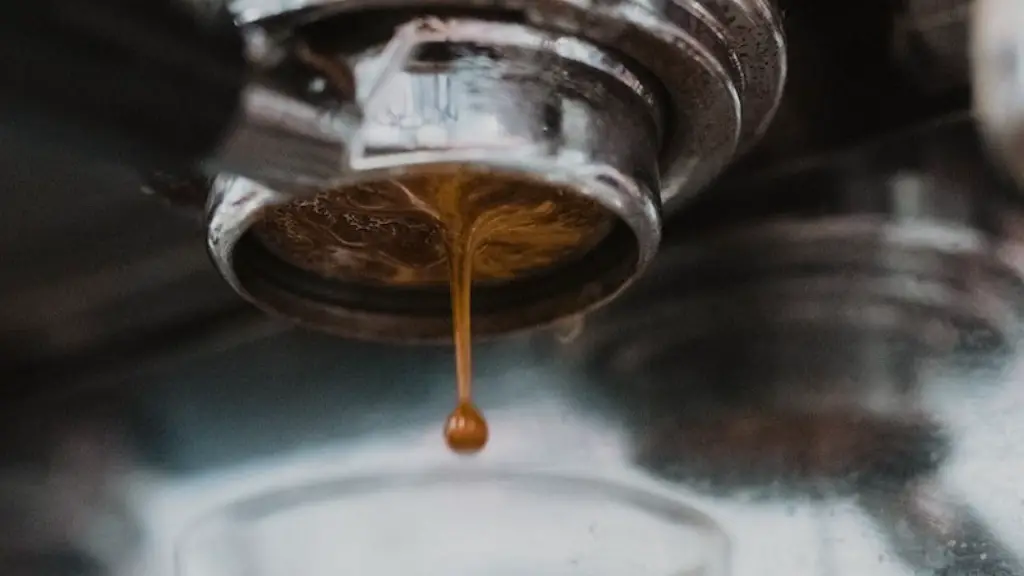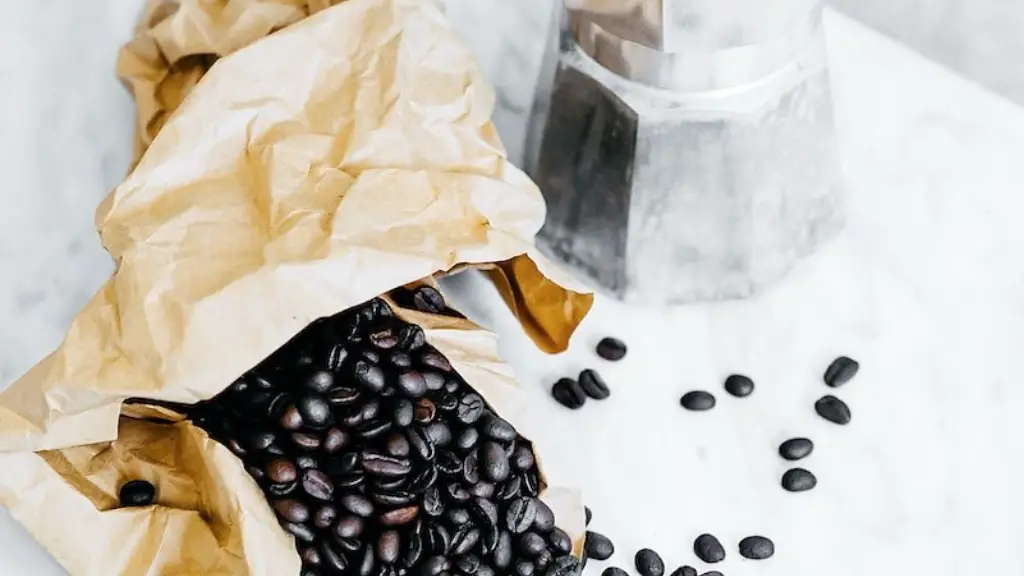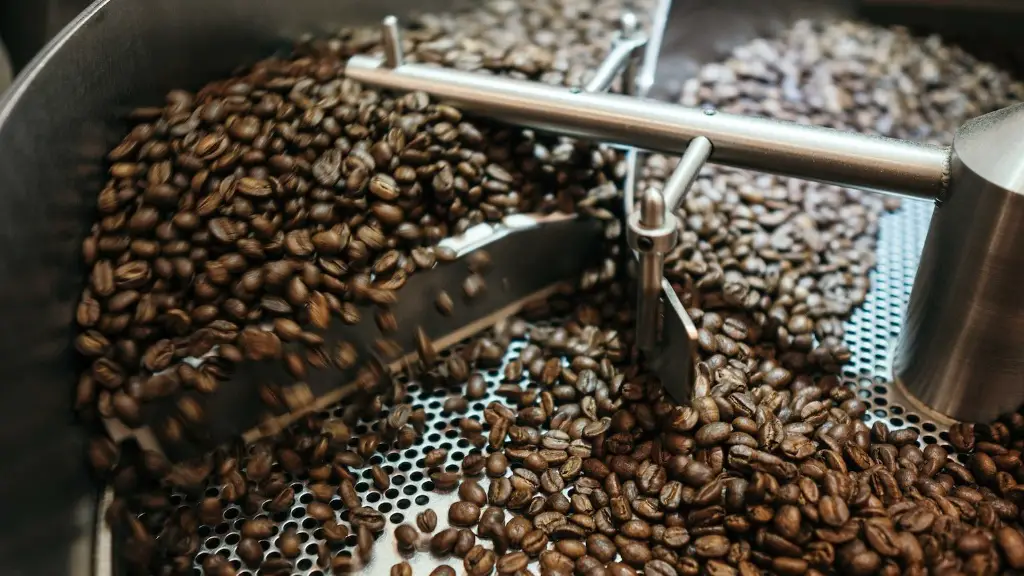Coffee. It’s the fuel of energy for many people who start the day off with a morning java. But did you know that when it’s consumed affects the way it can benefit or even harm your body? Drinking coffee after a meal has different effects than drinking it on an empty stomach. Knowing the essentials about when to enjoy coffee in the day can enliven, satisfy, and improve health.
It has been suggested that drinking coffee with food can reduce some of the undesirable side effects that heavy caffeine consumption can cause, such as increased heart rate and irritability. Since coffee is acidic due to high concentrations of chlorogenic acid, for some, it can cause the secretion of hydrochloric acid into the stomach and cause indigestion. Consuming food with coffee helps to slow the release of stomach acids that can cause some of the negative side effects such as heartburn and discomfort.
However, there are still conflicting opinions within the medical community. Some experts believe that instead of having a beneficial effect, drinking coffee after eating could impair digestion and you could be doing yourself a disservice. For people who are prone to acid indigestion, it’s best to choose another beverage or wait a while after eating before having a cup of coffee.
In addition to indigestion, coffee packs a powerful punch of other antioxidants and beneficial compounds. Studies have shown that drinking coffee can help lower blood sugar after eating, reduce the risk of type 2 diabetes, and even lower the risk of cardiovascular disease. This is because caffeine, one of the primary substances found in coffee, stimulates the production of epinephrine and norepinephrine. This release of hormones helps to reduce fatty deposits in the blood vessels and regulate blood glucose levels. Some nutritionists even recommend having a cup of coffee with every meal.
The consensus seems to be that drinking coffee after a meal has both pros and cons. Some medical experts recommend that it is better to wait at least 10 minutes to an hour after eating before drinking coffee, while others believe that it can actually improve digestion. It all comes down to personal preference and how your body reacts. If you have a history of indigestion, it’s probably best to listen to your body and wait a bit.
How to Choose the Right Coffee After a Meal
Although drinking coffee after a meal can be beneficial for some, it’s important to ensure that you choose the right kind of coffee. If you’re looking for a post-meal pick-me-up, try to choose a mild espresso or light roast. These coffees are not as acidic and provide a smoother, more enjoyable drink than darker roasts. If you’re looking for a jolt of energy, opt for a darker roast. The darker the roast, the higher the caffeine content, the greater the energy boost.
When choosing a coffee to drink after a meal, it’s also important to consider the brewing method. Different brewing methods can alter the flavor and caffeine levels of coffee. For instance, espresso shots generally contain more caffeine than drip coffee. French press coffee, on the other hand, can contain more caffeine than dripping coffee depending on the amount of time it stands before being poured.
Finally, if you’re looking for a more natural post-meal pick-me-up, there are many herbal teas that contain stimulating properties. Consider trying a cup of ginger tea, green tea, or chamomile tea, all of which are great alternatives to coffee.
Knowing the Effects of coffee:
Just like any type of food or drink, it’s important to know the effects of coffee before and after a meal. Drinking too much coffee can cause jitteriness and trouble sleeping, as well as nausea, vomiting, and heart palpitations. Coffee can also interact with medications and increase their effects, so it’s important to talk to a doctor before drinking coffee if you are taking any medications.
Drinking coffee after a meal can affect how quickly your body absorbs certain nutrients, depending on how much coffee is consumed. Studies have found that it’s best to keep the amount of coffee consumed to fewer than three cups per day. Caffeine is a stimulant and can act as an appetite suppressant, so it’s important to eat a balanced meal in order to avoid feeling overly full.
When it comes to caffeine, it’s important to remember that moderation is key. If you tend to have insomnia or other problems with caffeine, it’s best to stick to decaffeinated coffee. Caffeine can stay in the body for several hours, so it’s best to drink coffee at least two to three hours before bedtime.
Coffee Alternatives After a Meal
If you’re looking for something to drink that’s different from coffee after a meal, consider trying a cup of herbal tea. Tea contains less caffeine than coffee, is generally easier on the digestive system, and can still provide you with a stimulating energy boost. Many herbal teas also contain beneficial antioxidants which can help support overall health and wellbeing.
Another great alternative to coffee after a meal is fruit juice. Sugary juices can certainly offset healthy eating habits, but there are various juices available with no added sugar or artificial sweeteners. You can also consider adding honey, ginger, or turmeric to a juice to give it a punch of flavor and a bit of a boost. Swapping coffee for fruit juice not only tastes good, but it may also help to reduce bloating and indigestion.
Finally, for a refreshing post-meal drink, try a sparkling water with lemon or lime. Not only is this a healthy beverage choice, but it’s also sparkling, so it can still provide you with an energy boost. This makes it a great alternative to coffee for those who are looking for something a little lighter after their meals.
Why Does the Timing Matter?
The timing of when you consume coffee can be important for its effects on the body. When coffee is consumed too early or too close to a meal, it can interfere with digestion and disrupt the absorption of certain nutrients. Similarly, if caffeine is taken too late in the day, it can cause sleep disturbances.
Additionally, some studies have found that drinking coffee after a meal can reduce blood sugar levels and improve insulin sensitivity. This can be beneficial for those with diabetes or pre-diabetes as both caffeine and chlorogenic acid have been shown to have positive effects on blood sugar.
Just keep in mind that everyone’s body is different. What works for some people may not work for others. So, it’s important to experiment and find what works best for you and your body.
Benefits of Enjoying Coffee After A Meal
Drinking coffee after a meal can provide a variety of benefits. It can stimulate digestion, reduce blood sugar levels, and allow you to enjoy all the health-enhancing compounds found in coffee. Additionally, coffee is a great source of antioxidants that can help reduce the risk of many chronic diseases. On the other hand, if you have a sensitive stomach, it’s best to wait at least an hour between eating and drinking coffee in order to avoid any digestive issues and discomfort.
Coffee has numerous benefits and can be enjoyed in moderation and when the timing is right. For those who need a little pick-me-up after a meal, having a cup of coffee can provide an energy boost and get you feeling energized and ready to tackle the rest of the day.
Striking A Balance with Coffee:
When it comes to having coffee after a meal, it’s important to strike a balance. Drinking too much coffee too frequently can lead to issues such as increased heart rate, jitteriness, and sleep disturbances. It’s important to know how your body reacts to coffee and to pay attention to how much and how often you’re drinking it. Choosing the right kind of coffee and brewing method can also make a difference.
Finding the right balance between the timing and quantity of when to drink coffee can make a big difference. It can provide an energy boost and numerous health benefits, as well as help to reduce digestive issues. Experimenting with different types and brewing methods can help you find your coffees perfect post-meal companion.
